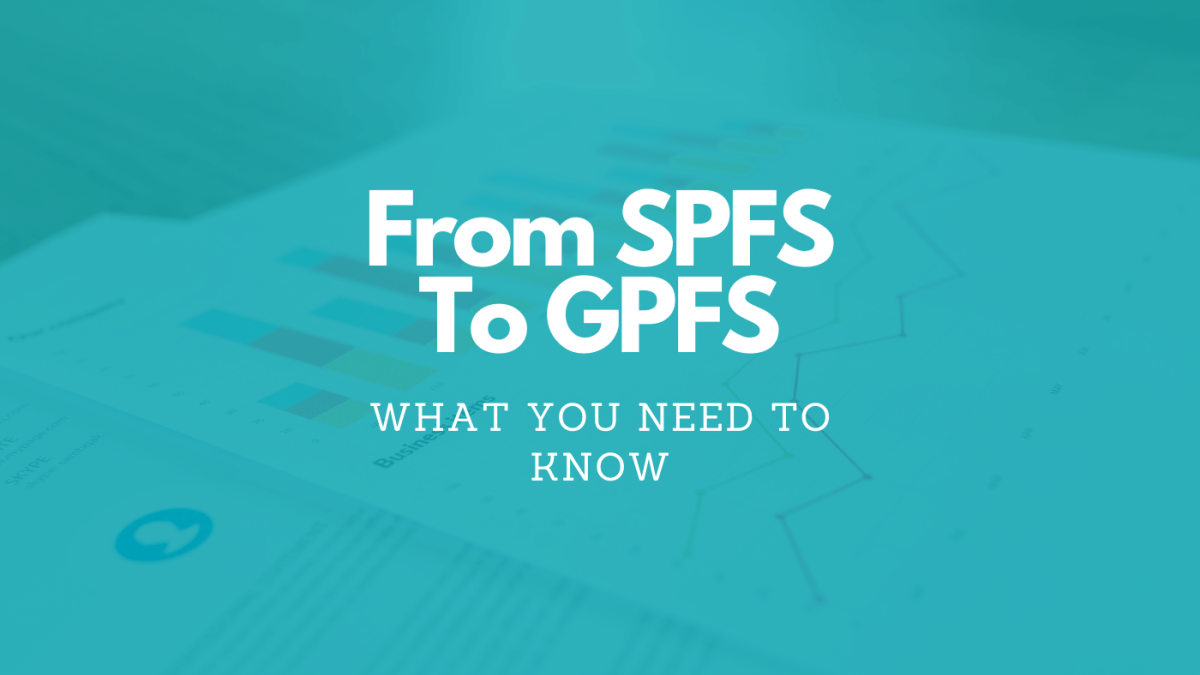Have you made the move to General Purpose Financial Statements? If not, here’s what you need to know.
If you have been preparing Special Purpose Financial Statements (SPFS), it’s important to check whether you are impacted by the replacement of these with General Purpose Financial Statements (GPFS) for financial years beginning on or after 1 July 2021, i.e. for this financial year and beyond.
This change concerns certain business owners, trusts and SMSFs (in trusts formed on/after 1 July 2021), AFS licensees and many others. Let’s look at the affected groups in more detail…
Who is required to dump SPFS in favour of GPFS?
For-profit entities with legislative or other financial reporting requirements mandating compliance with Australian Accounting Standards (AAS). Specifically:
- AFSL holders
- Unlisted public companies (other than those limited by guarantee)
- Large proprietary companies (including grandfathered entities)
- Small proprietary companies that have raised crowdsourced equity funding
- Small foreign-controlled proprietary companies (with some exceptions)
- Small proprietary companies under shareholder or ASIC direction (again with some exceptions)
- Foreign-registered companies with no overseas requirement to prepare financial statements
However, this change is not limited to entities required by law to prepare financial statements. It’s important to note that constitutions and other documents, such as lending agreements and trust deeds, created or amended after 1 July 2021, may also fall under the new rules. If they require financial statements to be prepared in accordance with the AAS, then GPFS will be required going forward.
Tier 2 entities, both for-profit and not-for-profit (i.e. entities without public accountability), that have been preparing GPFS using Reduced Disclosures will have to apply the new Simplified Disclosures going forward. It’s important to be aware of certain new disclosures that are required (e.g. regarding related party transactions and others) to ensure compliance.
What about SMSFs?
As mentioned above, trust deeds created or changed on/after 1 July 2021 may include a clause requiring their financial statements to be prepared in accordance with the Australian Accounting Standards (which is not so common, but important to check).
In these cases, GPFS will be required (under the Tier 2 rules as a minimum). If your trust deed stipulates something else, e.g. financial statements being prepared under the super laws, then you will not be impacted.
Who is not affected?
There are of course entities that will be able to continue preparing SPFS beyond 2022, including:
- For-profit entities whose financial reporting requirements do not refer to compliance with AAS as described above
- Not-for-profit entities whose reporting requirements will be subject to a separate consultation later this year, as well as public sector entities whose requirements will be considered subsequently
- Entities that prepare Tier 1 GPFS
- Any entity that remains eligible to prepare SPFS
Any Tier 2 entities that have been using the Reduced Disclosures should however note the new Simplified Disclosures referenced above.
When are these changes effective?
Depending on the year-end of your entity, GPFS will be required, at the latest:
- For June balancing entities: 30 June 2022
- For September balancing entities: 30 September 2022
- For December balancing entities: 31 December 2022
- For March balancing entities: 31 March 2023
Conclusion
The move from SPFS to GPFS has been coming for some time now but is still confusing and understandably so. If you are in an affected entity, or unsure if/how you may be affected, please contact us for a discussion to ensure you remain compliant. With professional support, you will be able to make as seamless a transition as possible.
IMPORTANT NOTICE
This blog post contains general information only and has been prepared by Allworths without reference to your objectives, financial situation or needs. Allworths cannot guarantee the accuracy, completeness or timeliness of the information contained here. By making this information available to you, we are not providing professional advice or recommendations. Before acting on any of the information contained here, you should seek professional advice.




